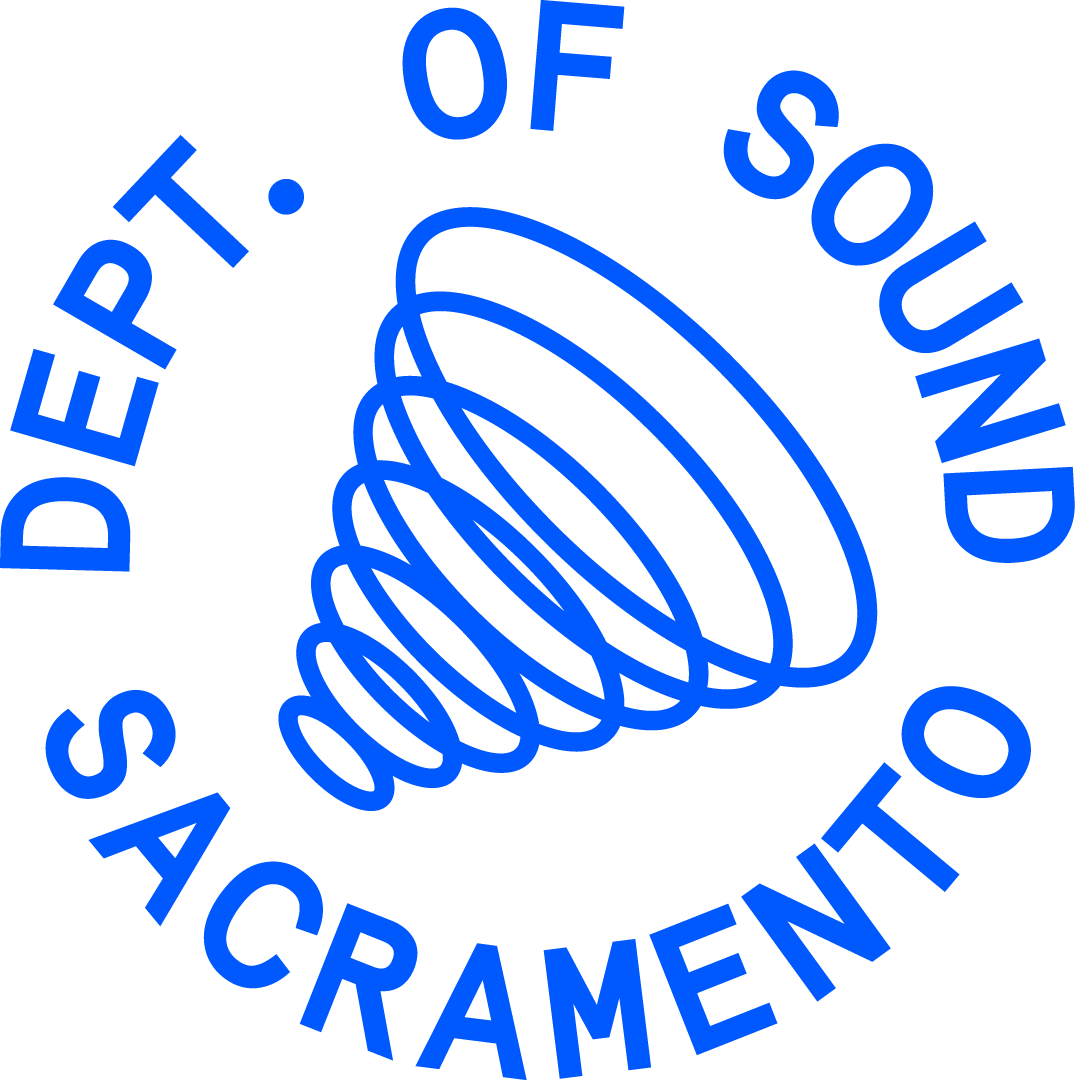Music Production Tips from Johnny Burgos
Department of Sound connected with the multi-faceted musician, singer, songwriter, music engineer, producer, and entrepreneur to chat about how he got started in music, his studio setup, his beat-making process, dealing with creative blocks, and more. Here are some of the notable interview highlights.
What made you want to start a career in music?
“It was something that I thought about from the moment that I opened my eyes in the morning. It was a thought all day and it was the last thing I thought about before I went to sleep...and then I would dream about it.”
What advice do you have for our students to recreate sounds from some artists or styles that they like? How does that process start?
“Sometimes I start with a melody and then I figure out the tempo and pitch. But really tempo-wise, because that really predicts where I’m going with the beat. In terms of production, it depends. Sometimes it's chords, sometimes it's drums. When I start a drum sequence, I do start with just a kick and snare. And you are always going to be referencing something that you like, but use that as a framework rather than the final destination. Never let the goal be sounding just like that.“
“You have to trust your passion for this, and that you have something to say in your own way because that is what will make you stand out.”
How does music collaboration work for you?
“There are moments when I get bored with my own abilities and I know that I’m itching for growth. And I think that collaboration is a really good way to grow. It's a combination of knowing yourself, knowing who you are going to work with, and being open to growth and even excited for learning.”
How did you study songwriting/singing/performing?
“I stay really informed in what I listen to, especially if I find new artists or even older stuff that I haven’t heard before. Go down a rabbit hole of seeing what they are about, how they progressed. Of course, watch videos and see how my favorite people entertain and hold the stage. It is an emotional exchange between you and that audience and they are there to feel something.”
How do you know when a song is done?
“That’s part of that vulnerability, you build up that courage to be like, alright it meets most of the marks. But sometimes you say ‘this is it, it's a banger.’ That is rare though. But in terms of finishing a song, that's always a point of growth for me. Usually one of the last steps is sending out to my network of people you trust to ask their opinion. Knowing those people's tastes and being open to feedback.”
